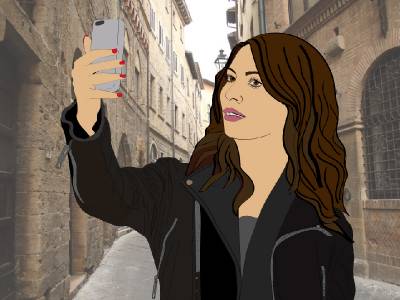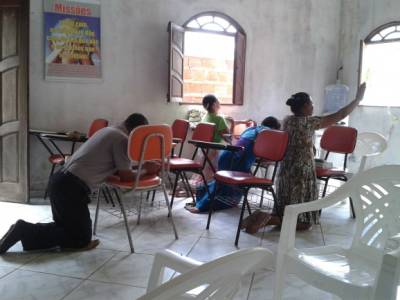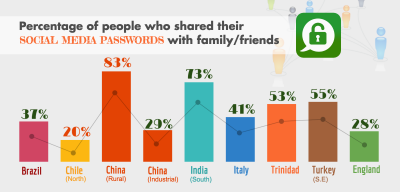Popular opinion tends to regard social media as making us more individualistic and narcissistic.
Individual-based social networking is said to have grown at the expense of more traditional groups. We found this in some instances, but more commonly we found social media being used to reinforce traditional groups, such as family, caste and tribe and to repair the ruptures created by migration and mobility.

Chile
Here, men often work for long periods in the mines, away from their homes. Social media has a major role in helping family and community to stay connected. In this film, we look at how social media helps a mining family stay in touch.
Italy
In the context of a more general Italian preoccupation with style and appearance, we found that people posting styled photos of themselves on social media are simply conforming to deeper community values and social expectations, rather than displaying narcissism.
Story
Looking good is a civic responsibility

Turkey
Here social media is used to help repair traditional social groups, including the family and tribe, who might be separated by migration, while simultaneously enabling young people to develop one-to-one relationships via private messaging.

Brazil
Members of groups that don't talk face-to-face offline, such as Pentecostals and the followers of a local folk religion (Candomblé), are willing to become friends with each other on Facebook.
Story
Inclusive social media
Rural China
Social media is often a group activity, with young people typically sharing access to phones and computers. Many people also share their social media account password with best friends or partners.
Story
How social media reinforces how others judge you

England
We tend to see posting as a form of individual self-expression but the photos that people look at most on Facebook are the tagged photos shared by others. It is as though instead of going out wearing the clothes we chose, we have to appear in public with the clothes other people chose for us.

Industrial China
The evidence here challenges our discovery. When compared to traditional collective family life, social media does facilitate much greater individualism amongst young factory workers, but this has not yet reached the levels found in some Western countries.

 Close
Close

